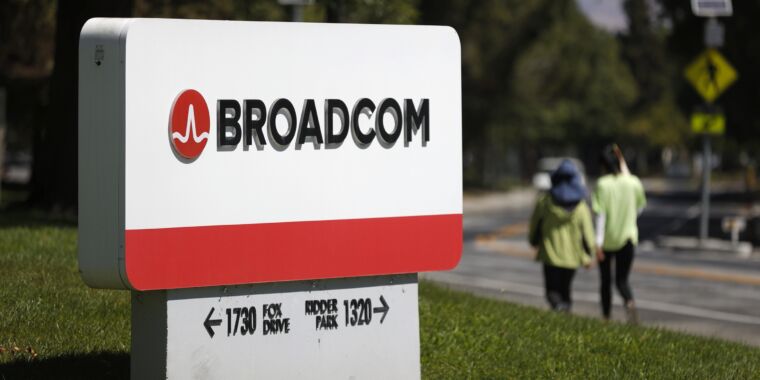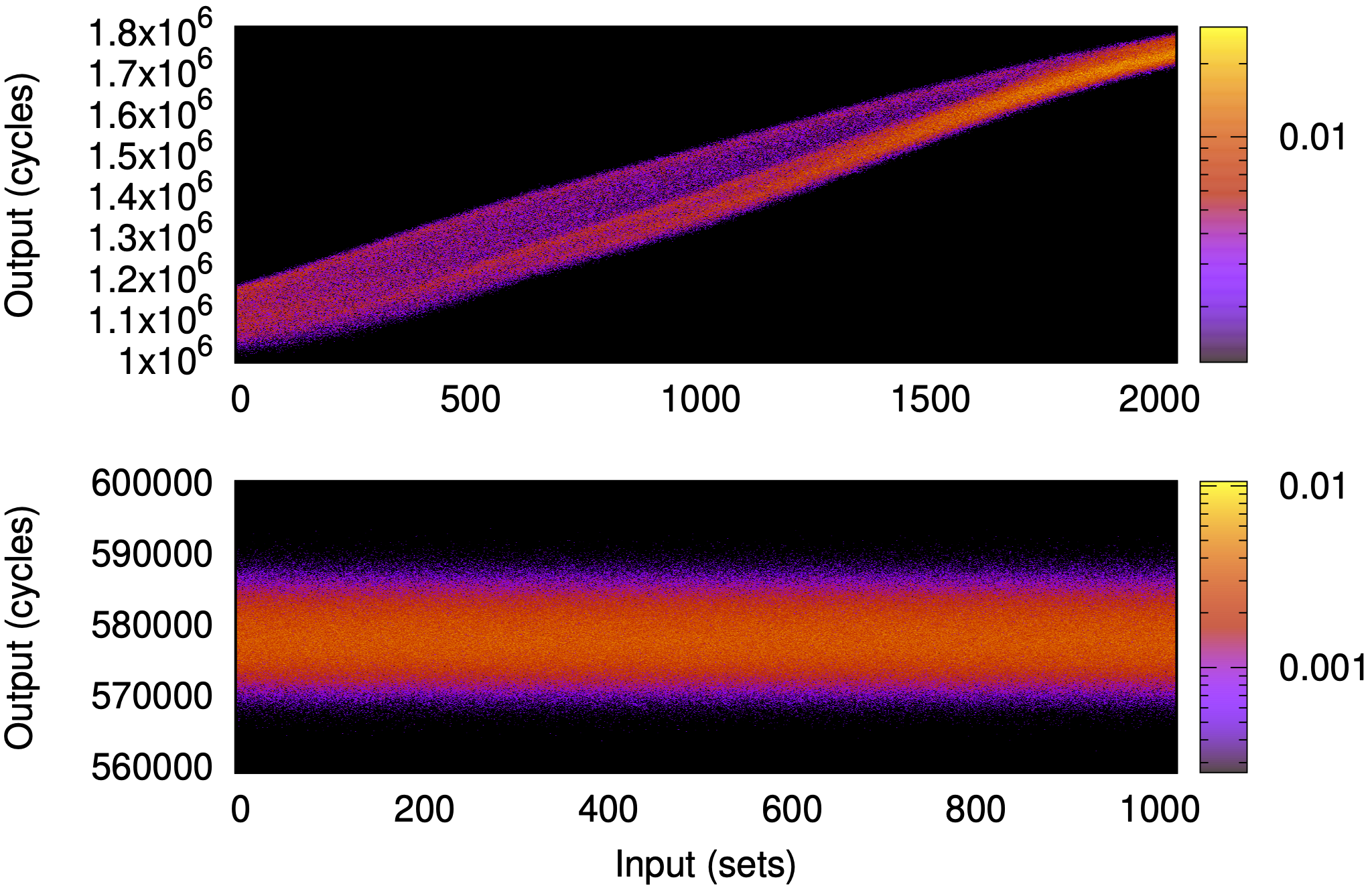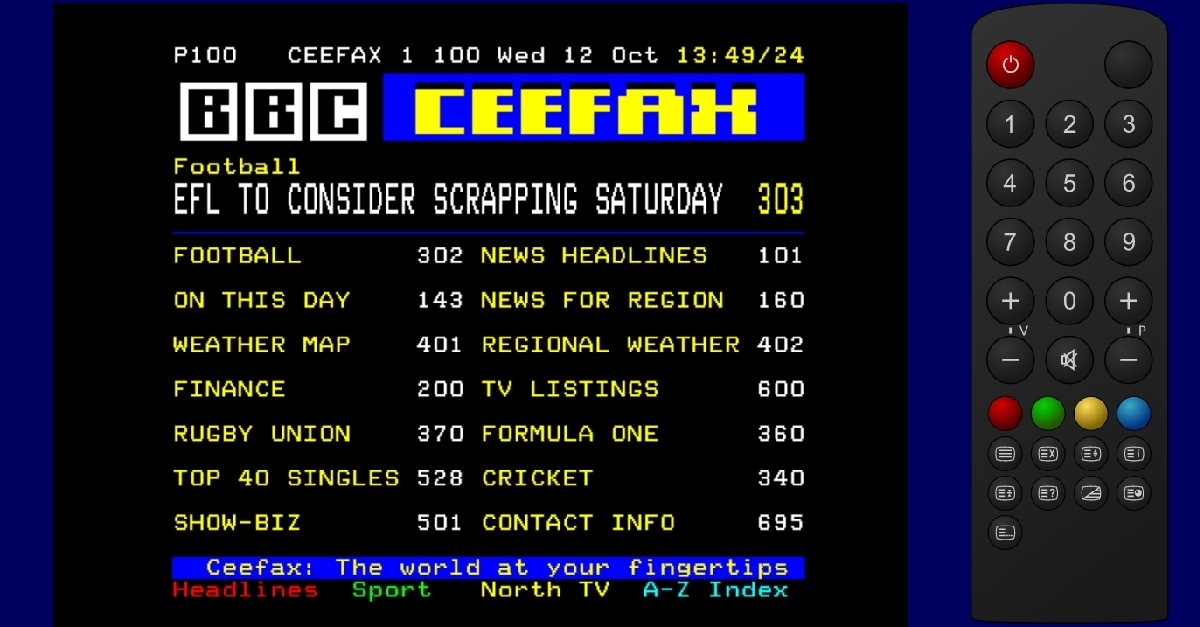
“Broadcom is a monopolist”: FTC orders chipmaker to stop illegal tactics
The Federal Trade Commission on Friday said it charged Broadcom "with illegally monopolizing markets for semiconductor components used to deliver television and broadband Internet services" by preventing customers from purchasing from other vendors. The FTC simultaneously announced that it reached a settlement with Broadcom that requires the company to "stop requiring its customers to source components from Broadcom on an exclusive or near-exclusive basis."
The FTC said that "Broadcom is a monopolist in the sale of three types of semiconductor components, or chips, used in devices that deliver television and broadband Internet services" and that "Broadcom illegally maintained its power in the three monopolized markets by entering long-term agreements with both OEMs and service providers that prevented these customers from purchasing chips from Broadcom's competitors." The contracts required customers to purchase and use "Broadcom's chips on an exclusive or near-exclusive basis," the FTC said. "Broadcom entered these exclusivity and loyalty agreements with at least ten OEMs, including those with the most extensive engineering and design capabilities and the strongest ties to service providers."
Broadcom imposed similar contract requirements on TV and broadband providers, the FTC said. "By entering exclusivity and loyalty agreements with key customers at two levels of the supply chain [device makers and service providers], Broadcom created insurmountable barriers for companies trying to compete with Broadcom," the FTC said. The service providers that use devices with Broadcom chips include AT&T, Charter, Comcast, Dish, and Verizon, the FTC said.

/cloudfront-us-east-2.images.arcpublishing.com/reuters/2UBMMKTOFBNNFL4EGUWTJDSCTU.jpg)




















